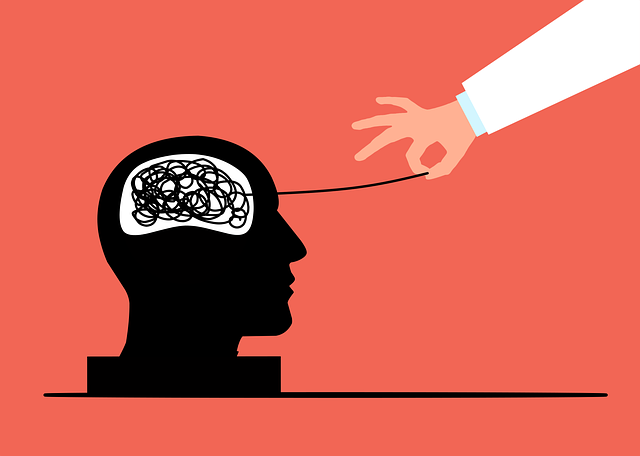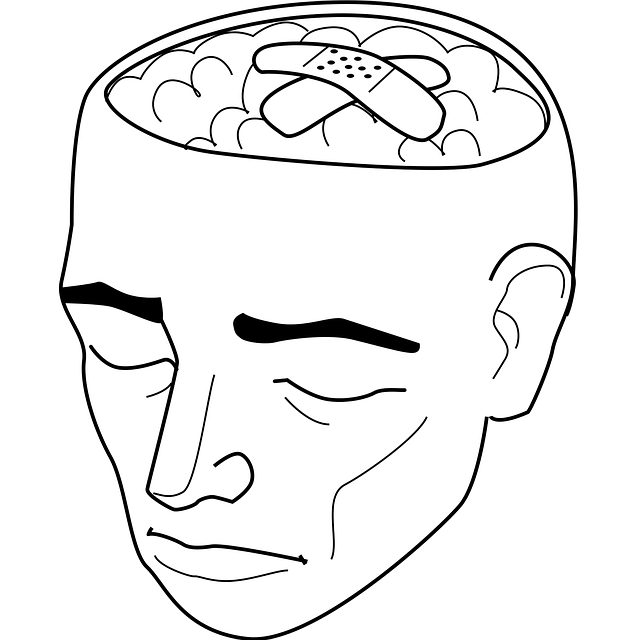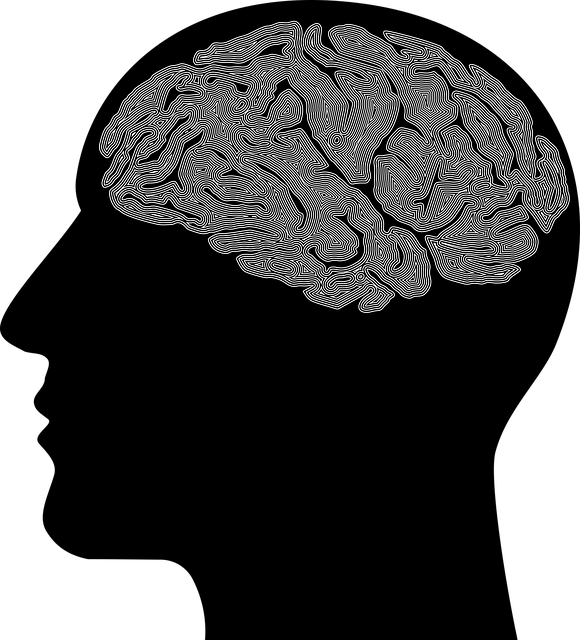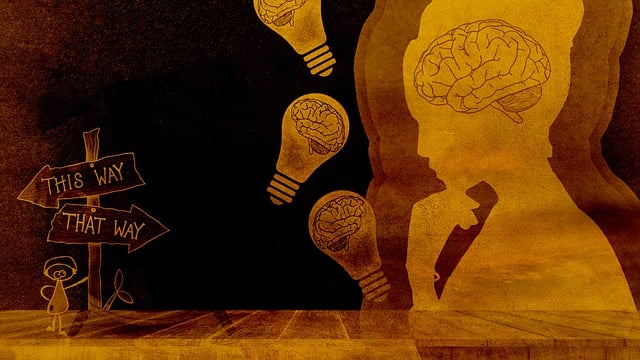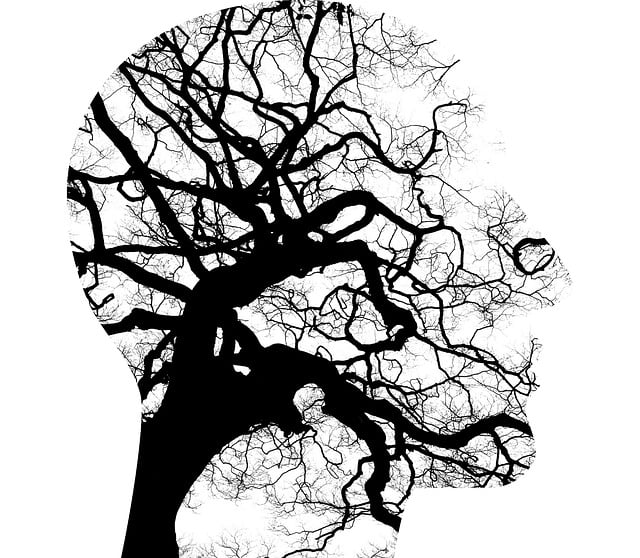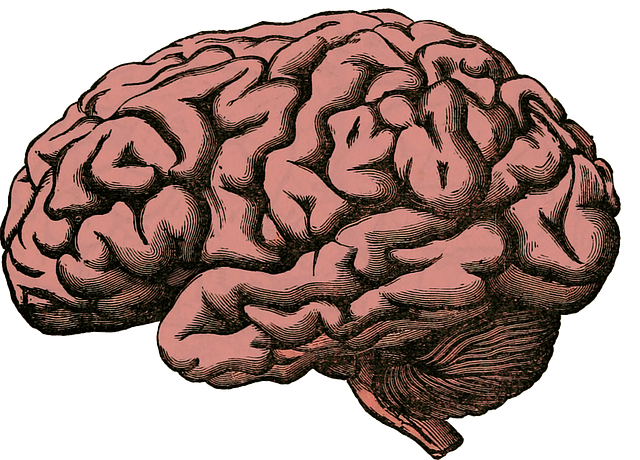Englewood Child Abuse Therapy specializes in teaching children and adolescents emotion regulation skills through evidence-based practices like CBT and mindfulness, fostering resilience and positive mental health. Their holistic approach includes cultural competency training, safe learning environments, and structured routines, along with regular progress assessments tailored to each client's needs. By mastering techniques like mindfulness meditation and emotional check-ins, young individuals gain tools to navigate emotions healthily and build confidence in challenging situations, contributing to long-term well-being.
Emotion regulation is a vital skill for children to navigate their feelings and interact healthily with others. This comprehensive guide explores why teaching these skills is crucial, delving into the expertise of Englewood Child Abuse Therapy in this domain. We’ll uncover practical techniques from mindfulness exercises to emotional check-ins, and discuss environmental factors that foster effective learning. Additionally, we’ll highlight assessment methods to measure and celebrate children’s progress in emotion regulation, drawing insights from the renowned Englewood Child Abuse Therapy approach.
- Understanding Emotion Regulation: Why It's Crucial for Children
- The Role of Englewood Child Abuse Therapy in Teaching These Skills
- Practical Techniques: From Mindfulness to Emotional Check-Ins
- Creating a Safe Space: Environmental Factors for Effective Learning
- Measuring Progress: Assessing and Celebrating Growth in Emotion Regulation
Understanding Emotion Regulation: Why It's Crucial for Children

Emotion regulation is a vital skill for children to develop as it plays a pivotal role in their overall well-being and healthy development. For kids, managing emotions effectively means understanding and controlling their feelings, which can be challenging given their evolving cognitive abilities. At Englewood Child Abuse Therapy, we recognize that teaching emotion regulation techniques is an essential part of empowering young individuals to navigate their emotional landscape.
This process equips children with the tools to cope with strong emotions, fostering resilience and promoting positive mental health. By learning self-care practices and mind over matter principles, children can develop a better understanding of their triggers and learn strategies to de-escalate or redirect negative emotions. Such skills are crucial, especially for those who may have experienced trauma or struggle with emotional regulation due to various factors, including cultural competency training that educates both healthcare providers and children on recognizing and managing diverse emotional responses.
The Role of Englewood Child Abuse Therapy in Teaching These Skills

Englewood Child Abuse Therapy plays a pivotal role in teaching essential emotion regulation techniques to children and adolescents who have experienced trauma or challenging life circumstances. Through specialized programs and individualized approaches, therapists help young individuals develop healthy coping mechanisms to manage their emotions effectively. By integrating evidence-based practices, such as cognitive-behavioral therapy (CBT) and mindfulness strategies, the therapy provides a safe space for clients to explore and express their feelings.
This holistic approach not only aids in emotional regulation but also equips them with valuable conflict resolution techniques, fostering better interactions with peers and adults. Moreover, building resilience through these therapies boosts confidence, enabling young people to navigate life’s challenges with greater ease and self-assurance. Englewood Child Abuse Therapy’s commitment to empowering its clients is a testament to its effectiveness in helping individuals heal, grow, and thrive.
Practical Techniques: From Mindfulness to Emotional Check-Ins

Teaching effective emotion regulation techniques is a valuable skill that can empower individuals to navigate their feelings in healthy and constructive ways. One of the most popular and practical methods gaining traction, especially within mental health education programs design, is mindfulness meditation. Englewood Child Abuse Therapy incorporates this technique into their approach, recognizing its potential to foster emotional well-being promotion techniques. By encouraging a non-judgmental awareness of the present moment, individuals can learn to observe their emotions without reacting impulsively.
In addition to mindfulness meditation, Emotional Check-Ins are another simple yet powerful tool. This involves regular reflections on one’s emotional state and an honest assessment of triggers and coping mechanisms. Such check-ins can be easily integrated into daily routines, allowing for immediate awareness and management of escalating emotions. These practical techniques, when taught in a structured yet flexible manner, offer individuals the resources they need to cope with challenging situations and promote long-term mental health.
Creating a Safe Space: Environmental Factors for Effective Learning

In teaching emotion regulation techniques, creating a safe and supportive learning environment is paramount. At Englewood Child Abuse Therapy, we understand that for young minds to effectively absorb and apply these skills, they need to feel secure and comfortable. This involves designing spaces that minimize stressors and promote a sense of calm. For instance, incorporating natural elements like plants or soft lighting can help reduce anxiety levels, making it easier for students to focus on the lessons at hand.
The concept extends beyond physical aesthetics; it also encompasses establishing clear boundaries and consistent routines. Structured environments with predictable rules allow children to develop a sense of security, enabling them to engage more actively in learning processes. This approach resonates with Burnout Prevention Strategies for Healthcare Providers, emphasizing the importance of creating sanctuary within educational settings, especially when addressing emotional vulnerabilities.
Measuring Progress: Assessing and Celebrating Growth in Emotion Regulation

Measuring progress is a vital aspect of teaching emotion regulation techniques, allowing both therapists and individuals to assess growth and celebrate achievements. At Englewood Child Abuse Therapy, we utilize various assessment tools tailored to each client’s unique needs, providing quantifiable data on emotional well-being. These assessments help track improvements in self-awareness, emotion understanding, and coping strategies over time.
Through regular evaluations, clients can visually see their progress, fostering a sense of accomplishment and encouraging continued practice. This feedback loop is essential for building resilience and reinforcing positive behaviors. Moreover, by identifying areas that still need attention, therapists can adapt teaching methods, incorporating targeted techniques like Mindfulness Meditation or integrating Self-Care Routine Development for Better Mental Health to further enhance emotion regulation skills.
Emotion regulation techniques are invaluable tools for children’s holistic development, as evidenced by the comprehensive approach of Englewood Child Abuse Therapy. By integrating mindfulness exercises, emotional check-ins, and safe learning environments, this therapy enables young individuals to navigate their emotions effectively. Through practical application and measurable progress assessments, children not only gain better control over their feelings but also cultivate resilience, setting them up for long-term success and well-being.
